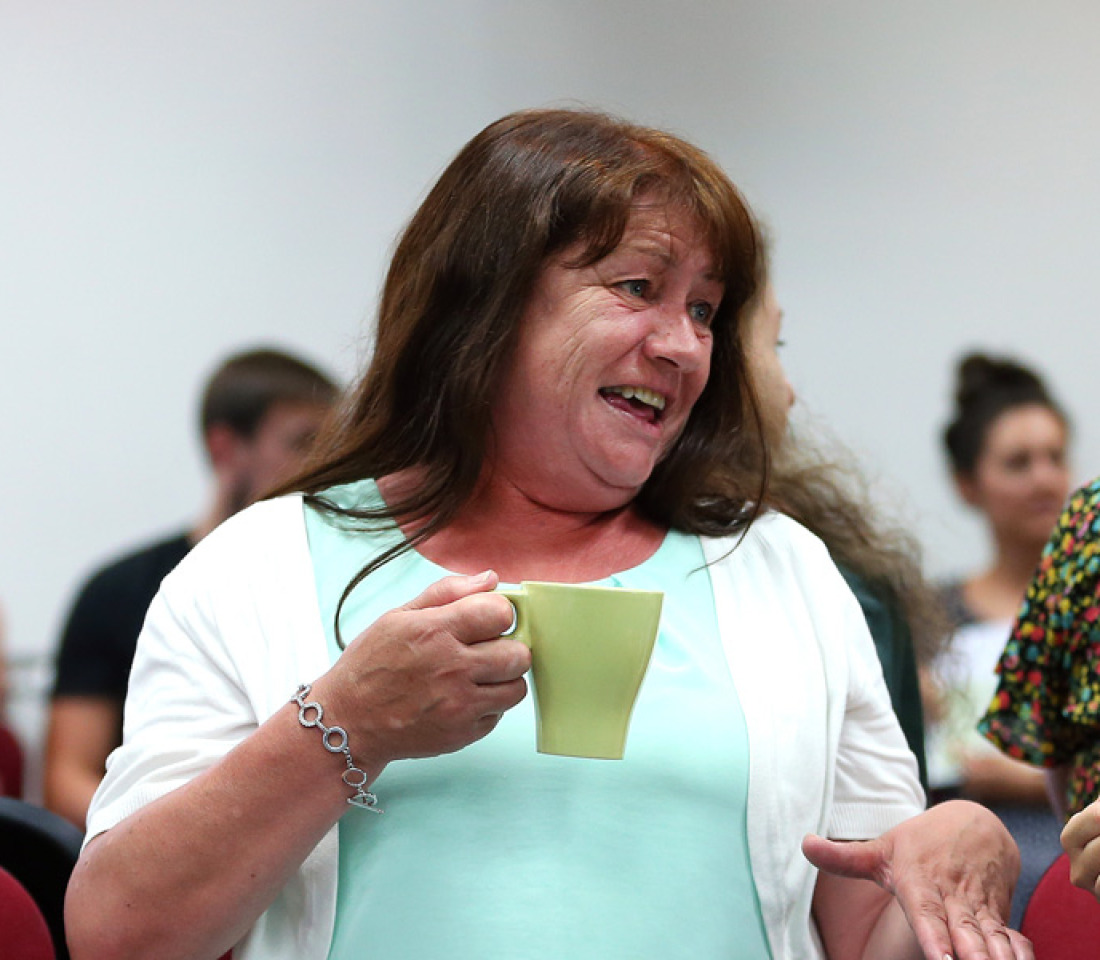
LGBTQIA+ and neurodiversity: the links between neurodivergence and being LGBTQ+
Higher numbers of neurodivergent people are LGBTQIA+ - this article explores why
John Anderson is The Brain Charity’s LGBTQ+ representative. Here, he shares his thoughts on LGBTQ+ and neurodiversity.
Society is gradually accepting that all of our brains work in different ways—that there is no one ‘correct’ type of brain! A parallel to this is our gradual acceptance of the many identities that fall under the LGBTQIA+ (Lesbian, gay, bisexual, transgender, queer, intersex, asexual) umbrella.
Higher numbers of neurodivergent people are LGBTQIA+
Evidence suggests that neurodivergent individuals, particularly those diagnosed with autism, are significantly more likely to identify as LGBTQIA+ than those who are neurotypical.
Latest data from the Office of National Statistics suggest that around 3% of the UK population identifies as lesbian, gay or bisexual (though this is likely to be an under-representation), while between 15 -20% of the population is neurodivergent in some way.
However, a recent Cambridge University study found autistic people might be three times more likely to identify as trans, while another study found neurodivergent individuals were 8 times as likely to be asexual.
Gender identity, prejudice and neurodivergence
While some anti-trans activists have made the groundless claim that autistic youth are being ‘tricked’ into identifying as transgender or queer, the reality is that being neurodivergent remains a huge barrier to many people receiving the gender-affirming health care they need.
One third of respondents to a 2018 study said their gender identity had been repeatedly questioned due to their autism. This is a long-lasting prejudice towards neurodivergent individuals that assumes they are not competent enough to understand their own sexuality or gender identity, and directly leads to under-diagnosis of neurological conditions amongst the LGBTQIA+ community.

Why are neurodivergent people more likely to be LGBTQIA+?
No one is really sure why there is such an overlap between the neurodivergent and queer communities, but the predominant theory is that neurodivergent people tend to be less aware of or inclined to follow societal norms.
We live in a binary society where being heterosexual and cisgender is the default, so neurodivergent people may feel freer to express their gender or sexuality without the worry of being judged, or the need to conform to society’s expectations.
Neurodiversity is gender and sexual diversity
If we want greater acceptance of the huge value of neurodivergent individuals, then we also need greater acceptance of non-traditional sexualities and gender identities. We can certainly draw parallels between experiences.
Both neurodivergent and LGBTQIA+ people have to effectively ‘come out’ as neurodivergent or LGBTQIA+, not just once, but constantly to new people. Both can sadly cause huge levels of shame.
After all, for all the progress we have made, there remains significant stigma: some people still view being autistic or being gay as conditions to be ‘cured’. These are the reasons why our community has higher than average rates of mental health problems.
And yet there is so much joy to be found in acceptance and pride, whether accepting your neurodivergence as a strength and an inherent part of you, or coming to terms with your true gender identity. The world is slowly catching up.
We will continue working for a society that fully embraces what both neurodiversity and the LGBTQIA+ spectrum have to offer.

John is working to make The Brain Charity more LGBTQ+ friendly.
Get in touch with him with any issues or suggestions at john.anderson@thebraincharity.org.uk
Categories: Advice, Guest blogs, Neurodiversity
Published: 23 December 2022
















